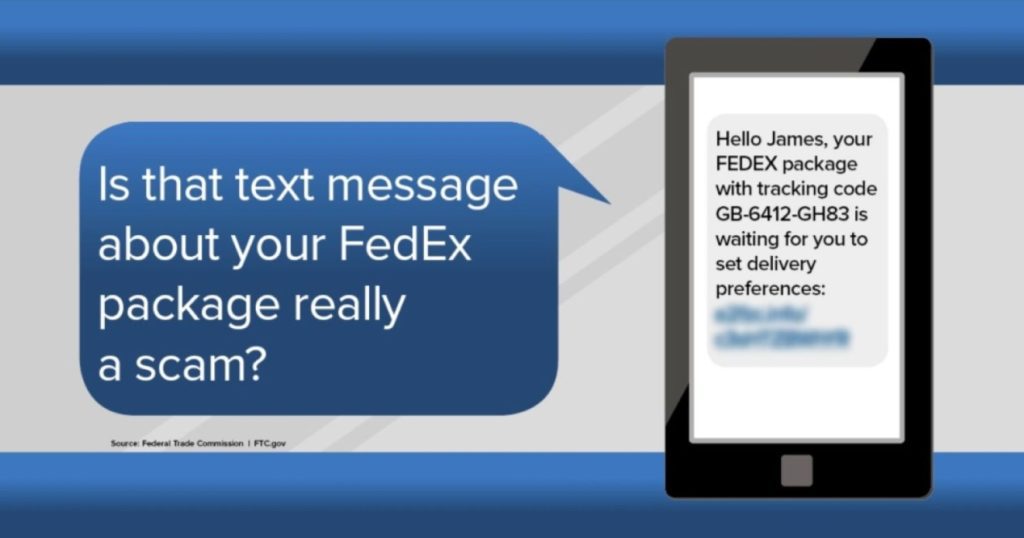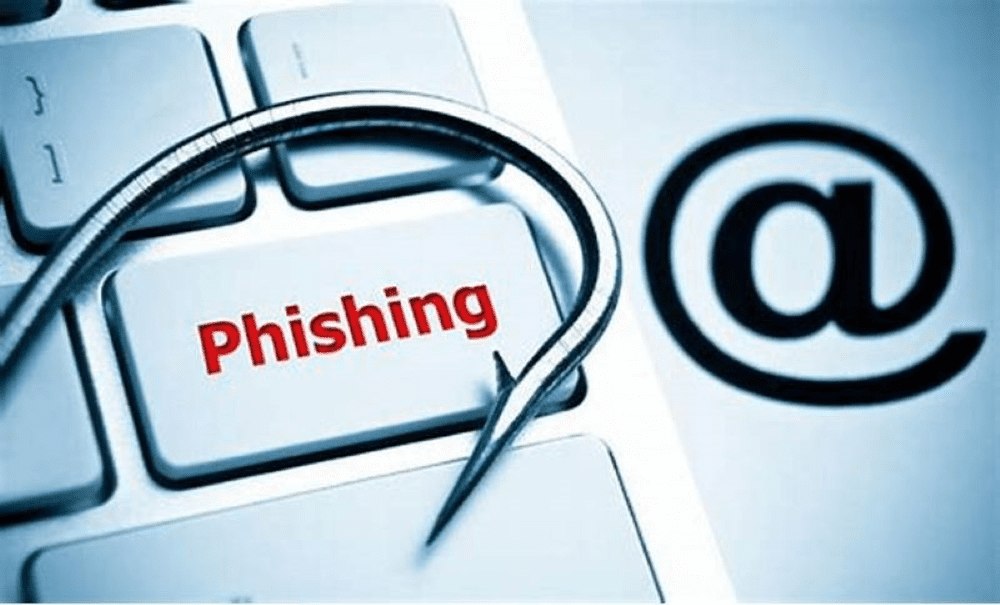
Our Guide to Voice Phishing

What is Voice Phishing?
Protect Yourself from This Common Scam
Can you tell the difference between a legitimate call from your bank versus a fraudster using voice phishing techniques to try to steal and use your information? We’ve put together a brief Q&A to help you identify and avoid voice phishing:
Q: What is Voice Phishing?
A: Sometimes referred to as “vishing”, it is the criminal practice of impersonating a bank or service provider over the telephone to gain access to the victim’s private personal and financial information. According to the FBI, vishing complaints received by their crime complaint center are increasing at an alarming rate.
Q: When will the Bank call you?
A: Liberty Bank for Savings will call you only during our business hours for service-related purposes. After hours, Liberty Bank uses a debit card monitoring service that may contact you by phone between 8am and 9pm local time.
Q: What questions will the Bank ask if we call you?
A: Liberty Bank representatives may ask general identity questions, but will NEVER request account numbers, passwords, PIN or CVV numbers, personal identification information, or any other confidential information. Please remember that Liberty personnel do not have access to your online banking passwords, PIN numbers, and CVV numbers. These are entirely your own and should always be kept private.
Q: Can I rely on my phone’s caller ID system to identify who is calling me?
A: No. Just because the caller ID matches the bank’s phone number or a number you recognize does NOT necessarily mean it is a legitimate call. Scammers can use caller ID spoofing software to trick the telephone network into indicating that a call is coming from a number other than the actual number from which the call is originating. If you ever receive a call appearing to come from a recognized number, but question the legitimacy of the call, it is best to hang up and originate the call yourself by redialing.
Q: What can I do to report someone falsely claiming to be from my Bank, the government, or a family member?
A: You can file a report with the FTC. The FTC will share your report with local, state, federal, and foreign law enforcement partners.



